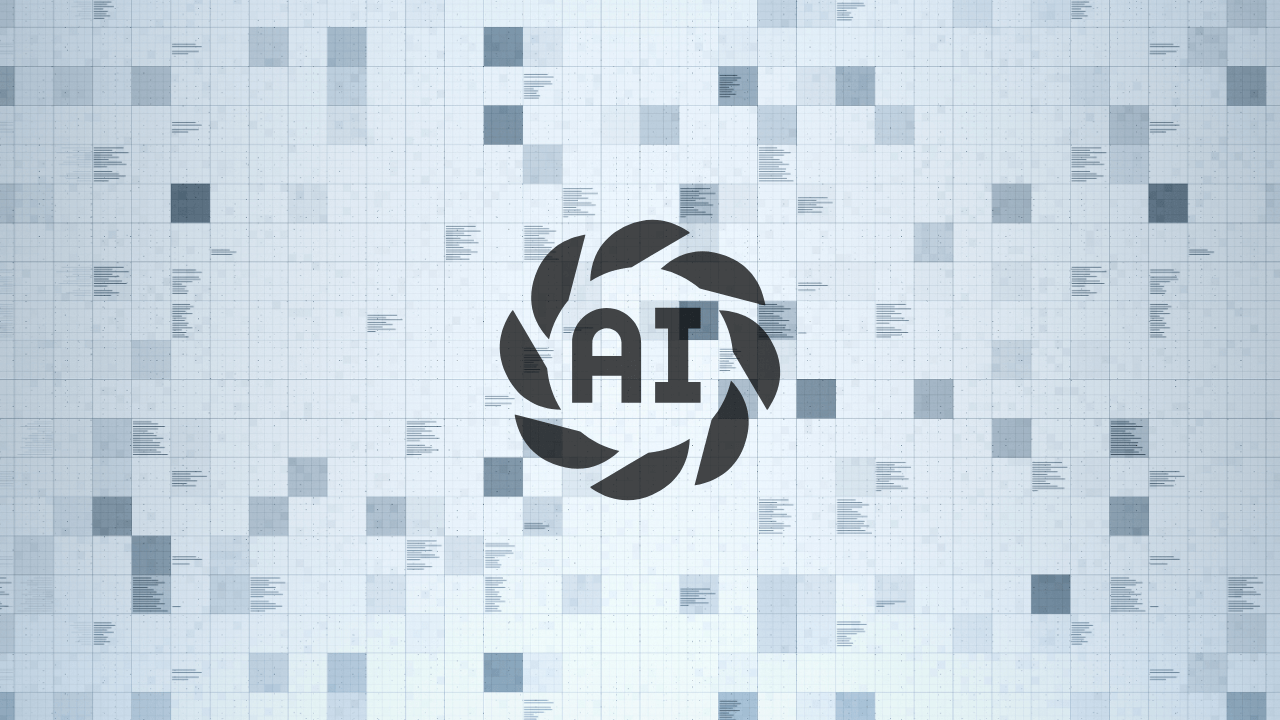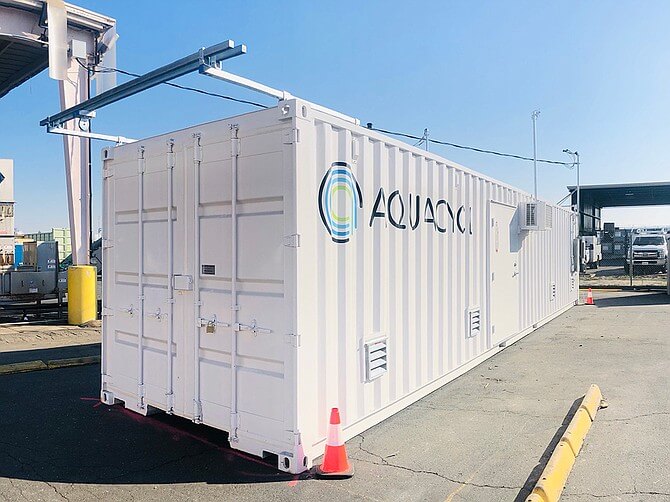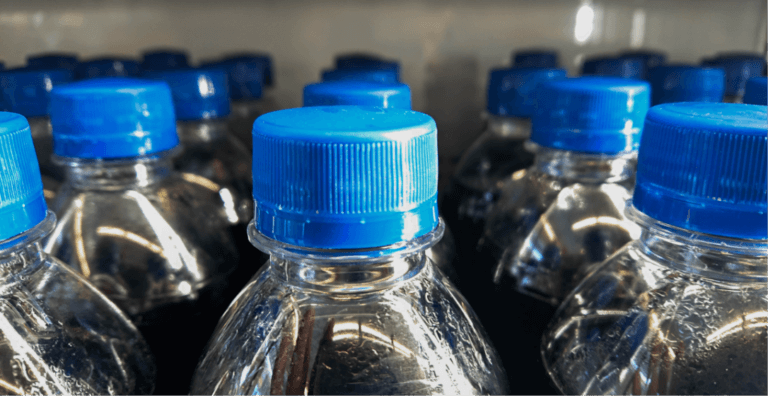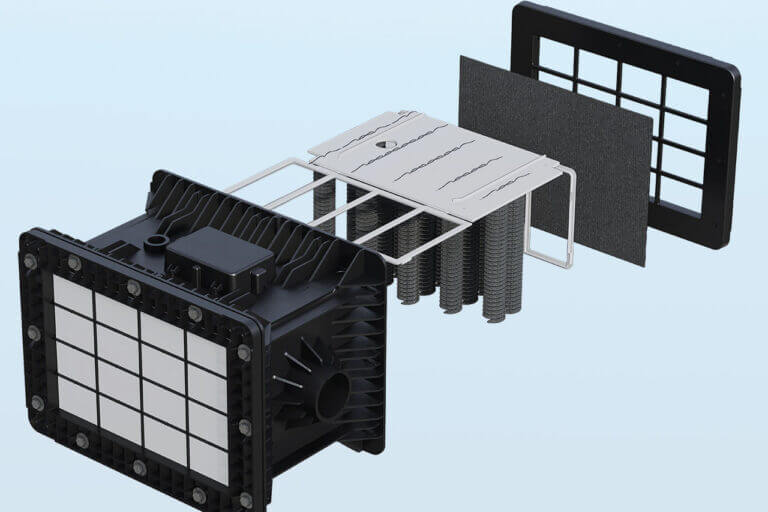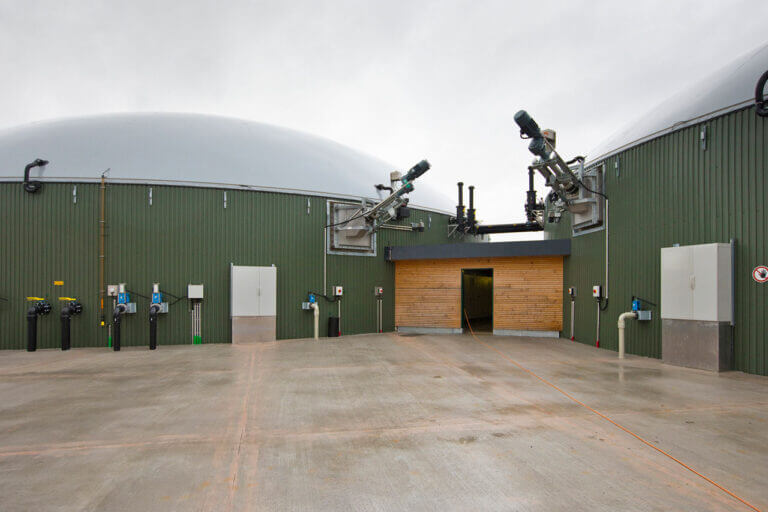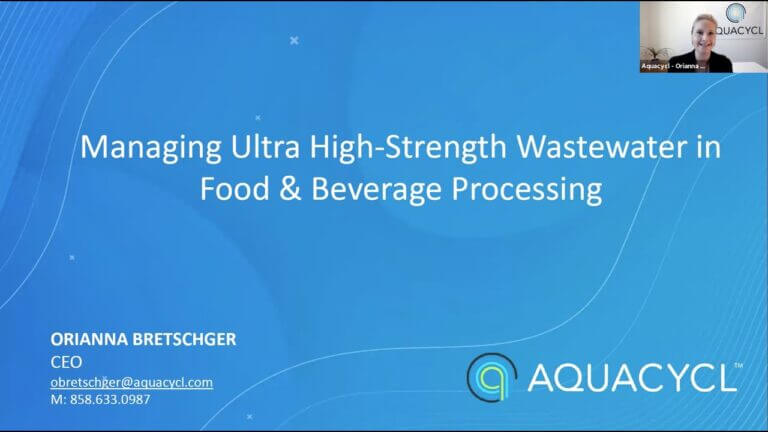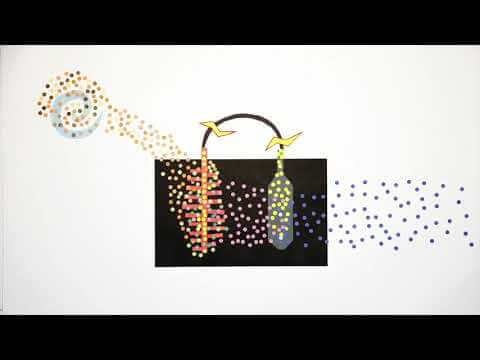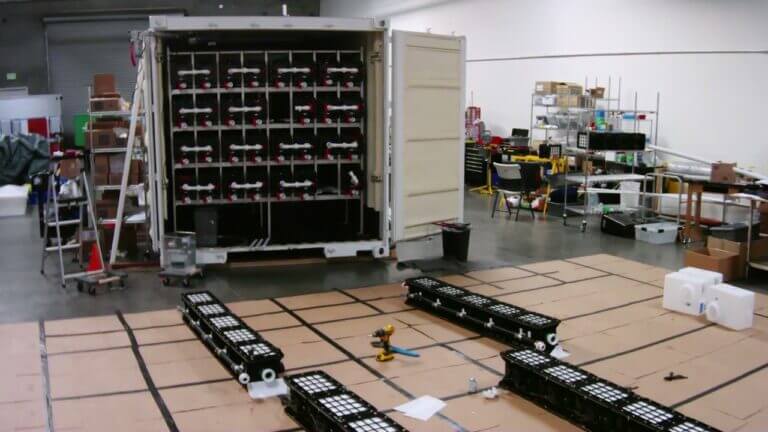We asked ChatGPT to identify the ten most common questions about industrial wastewater and are here to answer them. If you have more questions, please drop them in the comments!
Industrial wastewater has a significant impact on both the environment and business operations. With increasing regulations and growing awareness of sustainability issues in the water industry, understanding industrial wastewater is more important than ever. We hope to clear the waters and provide valuable resources to help you understand industrial discharging, its impact, and the benefits you can gain from optimized wastewater management.
1. What is industrial wastewater and where does it come from?
Industrial wastewater is any discarded water that is a result of industrial processes and has been polluted as a result of these processes. Water usage in industrial processes may be a part of cooling, heating, washing/sterilizing, production chemistry, and/or material synthesis. Water is often a key ingredient in many products.
Factories, refineries, mining operations, chemical plants, food and beverage process water, and textile mills are all contributors to industrial discharge. The wastewater from these facilities can carry a range of pollutants that require treatment before being released into the environment or even into a collection system for municipal treatment.
Water for industrial uses makes up approximately 30% of global withdrawal and consumption, with agricultural (60%) and residential sewage (10%) making up the rest. As a result, about 30% of all global wastewater that is discharged is associated with industrial processes.
Check out this video to learn more about industrial wastewater >
2. What are the common pollutants found in industrial wastewater?
Industrial wastewater can contain a variety of pollutants depending on the processes that generated the wastewater. These include inorganic compounds, like heavy metals such as lead, mercury, cadmium, and chromium, and organic compounds like solvents, oils, and greases. Nutrients such as nitrogen and phosphorus, which can contribute to eutrophication in water bodies, are often present.
These pollutants are classified into different categories for targeted treatment, primarily TSS or total suspended solids, BOD or biological oxygen demand which is a measure of the organics in the wastewater, FOG or fats oils and grease, nutrients (total nitrogen and phosphate) and contaminants of emerging concern (like PFAS) that require specialized treatment. All of these pollutants must be removed from the water prior to environmental release to avoid contamination and ecosystem destruction of soils, sediments and receiving water bodies.
3. How is industrial wastewater treated?
Industrial wastewater treatment involves several processes to remove pollutants from water. Due to the complexities of industrial wastewater, treatment usually requires a few separate steps which target pollutants at different stages (primary, secondary, and tertiary treatment).
The processes utilized in each step may differ depending on the types of pollutants being treated:
- Physical processes: Filtration, sedimentation, and flotation to remove solids and fats, grease and particulates.
- Chemical processes: Coagulation, flocculation, neutralization, and oxidation to more effectively remove dissolved solids and/or chemically oxidize and destroy dissolved contaminants.
- Biological processes: Aerobic and anaerobic digestion, where microorganisms consume and remove organic matter. Learn more about biological wastewater treatment.
- Advanced treatments: Techniques like membrane filtration (reverse osmosis, ultrafiltration), advanced oxidation processes (AOPs), and activated carbon adsorption for removing complex or recalcitrant contaminants.
Check out this blog for an overview of each process and treatment stage >
4. How can I reduce the volume and pollutant load of wastewater produced at my facility?
Industrial facilities can implement several strategies to minimize wastewater volume and pollution. Optimizing industrial wastewater treatment can increase efficiency and reduce water usage and waste generation. There are many modern approaches and technologies that will use less water and produce fewer pollutants to help reduce the volume and pollutant load of wastewater.
To minimize water-use throughout your operations, consider implementing water reuse practices to utilize treated water for non-potable applications. Check out this blog for how to reduce water use and implement water reuse practices at your facility.
5. How does industrial wastewater contribute to environmental sustainability?
Industrial wastewater can contribute to environmental sustainability when managed effectively. Proper treatment removes harmful pollutants, preventing them from entering natural water bodies, which protects watersheds. Facilities can also enable water reuse to reduce their reliance on freshwater resources, thereby conserving water.
Wastewater can have a direct impact on a facility’s Scope 1, 2 and 3 carbon emissions and utilizing sustainable treatment practices can minimize carbon emissions across all three scopes. Especially as new carbon reporting regulations are formed, lowering Scope 3 emissions by choosing low-energy, reduced-sludge treatment, like Aquacycl, will bring greater sustainability benefits to your facility. Additionally, certain treatment processes can generate renewable energy, which helps further reduce the carbon footprint of industrial activities.
6. What are the economic benefits of effective industrial wastewater management?
Effective wastewater management can bring many economic benefits to your facility including cost savings, compliance with regulations to avoid fines, and resource recovery and reuse. Low-energy treatment options, reduced chemical usage, and removing the need for trucking can all bring significant cost savings to your facility. It also helps reduce potential risks from wastewater that can directly impact your production, even shutting it down.
When you implement sustainable wastewater treatment techniques, your brands reputation may improve, opening you up to new environmentally-conscious markets.
Read this blog to learn more about the impact industrial wastewater can have on your bottom line >
7. What are the technologies and trends emerging in industrial wastewater treatment?
Emerging technologies in industrial wastewater treatment include advanced oxidation processes (AOPs), which are effective for breaking down complex organic pollutants. Membrane bioreactors (MBRs) combine biological treatment with membrane filtration to produce high-quality effluent. Bioelectrochemical systems utilize microorganisms to degrade pollutants while also generating direct electricity. Decentralized treatment systems, such as modular and on-site treatment units, provide flexibility and scalability for industrial wastewater treatment with point-source treatment, and resilience for utilities.
We are seeing trends of moving to more automated and digitalized systems, with the digitalization of wastewater monitoring and treatment technologies. This helps industrial facilities better understand their water trends with real-time data and monitoring and automated adjustments that ensure their systems are running efficiently, sustainably, and cost-effectively.
Here are 13 new technologies changing the wastewater treatment landscape >
8. How can I avoid industrial surcharges?
Surcharges are additional fees to industries that discharge wastewater with pollutant concentrations above specified limits. They incentivize industries to reduce their pollutant load to avoid higher charges.
To minimize surcharges on your bill, industries can reduce pollutant loads by optimizing processes and implementing pretreatment measures. Implementing a pretreatment step, like Aquacycl, prior to discharging to the utility along with regular testing and monitoring of wastewater ensure compliance with discharge limits.
To better understand how surcharges are billed and how to lower them, watch this video >
9. What regulations govern the discharge of industrial wastewater?
Regulations for industrial wastewater discharge vary by country and region but generally include specific pollutant limits, monitoring and reporting requirements, and discharge permits.
In the U.S., the Clean Water Act (CWA), the Environmental Protection Agency (EPA), and state and local regulatory authorities are the primary governing bodies.
Go to your local municipality or visit the EPA website to learn about current regulations.
10. What is the climate impact of industrial wastewater?
Industrial wastewater has a significant impact on the climate. Due to its concentration and complexity of pollutants, industrial wastewater treatment requires large amounts of energy to treat, and emits high levels of greenhouse gases (GHG) as a result. Out of the three global wastewater categories – industrial, agricultural, and sewage – industrial is the biggest polluter.
Utilizing industrial wastewater treatment technologies that minimize these emissions and even recover energy can help lower the climate impact of the wastewater you produce at your facility.
We hope this blog has answered some of your questions about industrial wastewater. However, this is just the beginning of the conversation. The complexities and advancements in industrial wastewater management are vast, and there is always more to learn and discuss.
If you have more questions or if there are specific topics you would like us to explore in future posts, please drop your questions and suggestions in the comments below. Your input helps us create content that is relevant and valuable to you!


